Boosting longevity and vitality

Boosting NAD+ levels in your body is critical to healthy ageing.
NAD+ levels naturally decrease with age, contributing to the ageing process. Boosting NAD+ is a cutting-edge therapy proven to counteract these effects. The most effective method is combining NMN, a precursor of NAD+, with synergistic ingredients. Our Booster is specifically formulated to target cellular ageing mechanisms, working as a powerful duo with NMN to support optimal NAD+ production and maintenance. Besides, the inclusion of olive oil in our formula enhances bioavailability, ensuring better absorption and potency, making the supplement effective even without food.
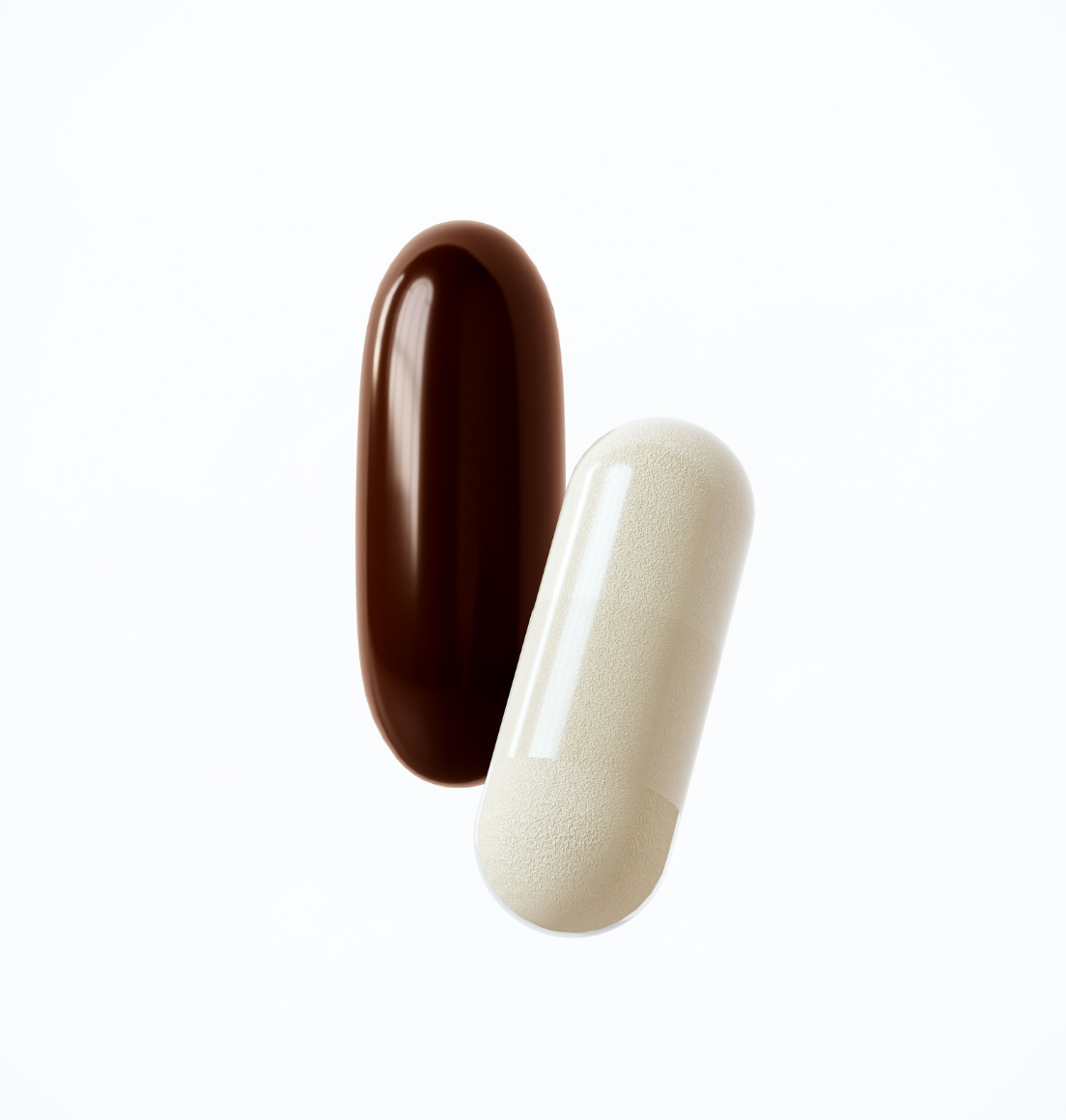
A powerful duo: Booster & NMN
Whilst NMN is vital for maintaining NAD+ levels, its efficacy can be enhanced by targeting enzymes like CD38 and AMPK, which regulate NAD+ metabolism. The blend of ingredients in the Booster was carefully chosen for this purpose. Resveratrol activates SIRT1, enhancing mitochondrial function and longevity. Apigenin inhibits CD38, reducing NAD+ degradation. Pterostilbene, similar to Resveratrol, boosts SIRT1 activity and antioxidant defence. CoQ10 and Nicotinamide enhance cellular energy production and protect against oxidative stress. Together, these ingredients work synergistically with NMN to optimise NAD+ levels and support cellular health.
WHAT ARE THE BENEFITS?
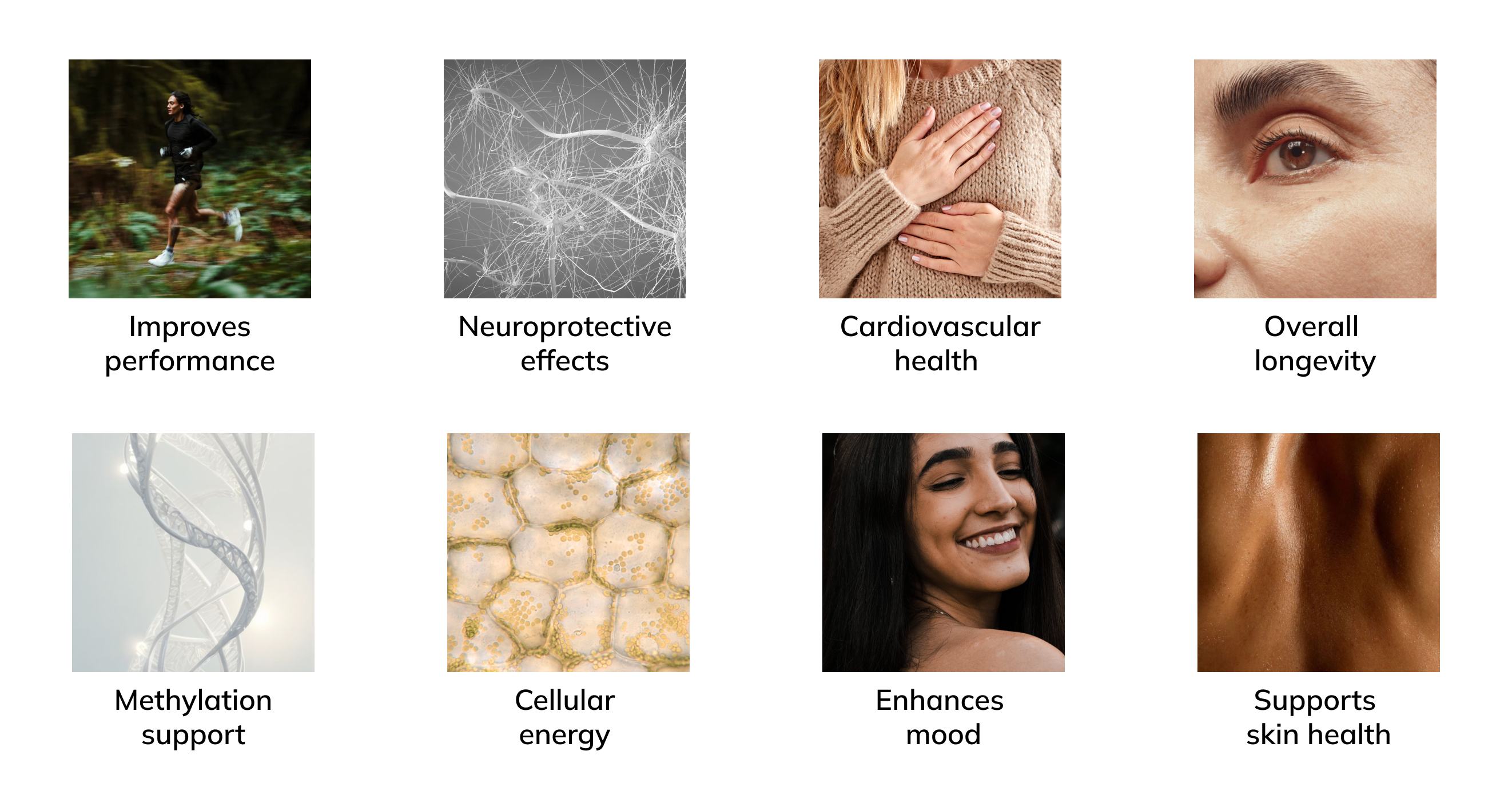
MEET OUR 6 POTENT INGREDIENTS
Resveratrol (150mg)
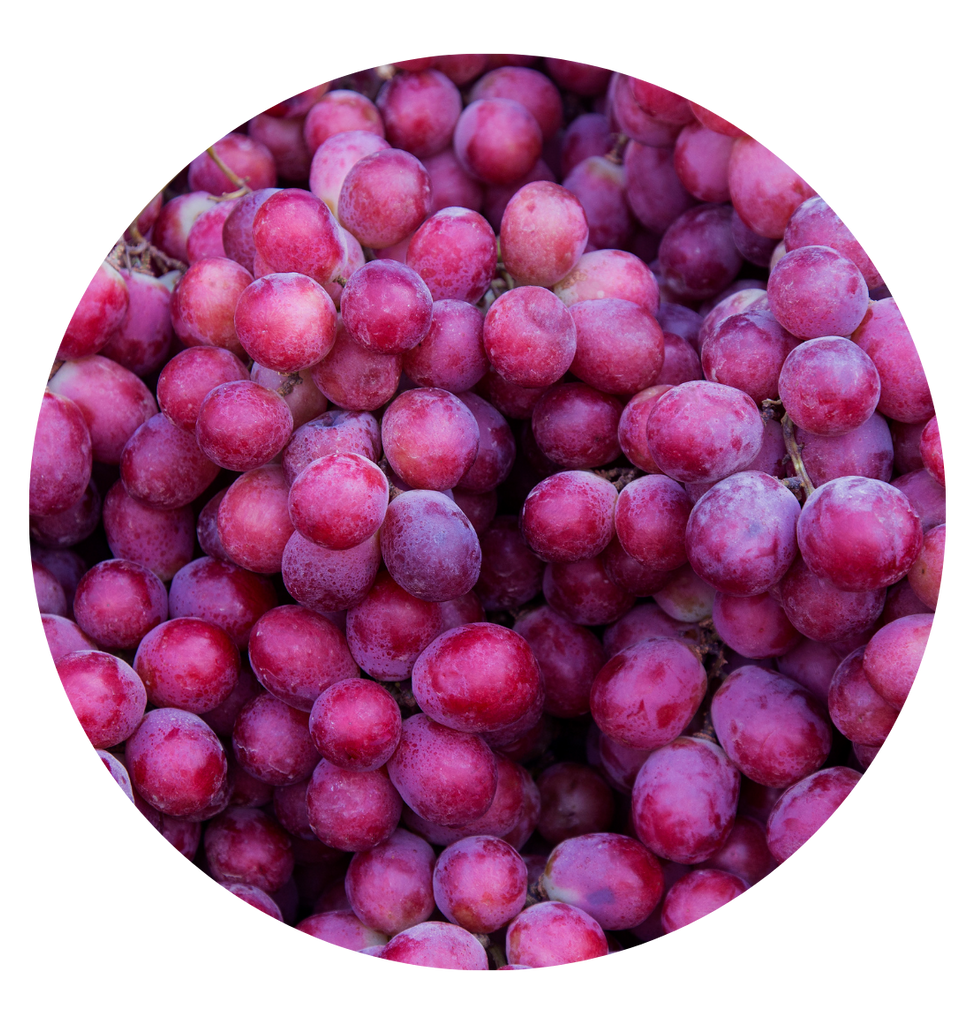
A well-recognised natural polyphenol, found in red grapes, nuts, berries, and even red wine. Resveratrol in nature, is produced by plants, in response to stress, injury, infection or ultraviolet (UV)-irradiation.
Ubiquinol CoQ10 (100mg)
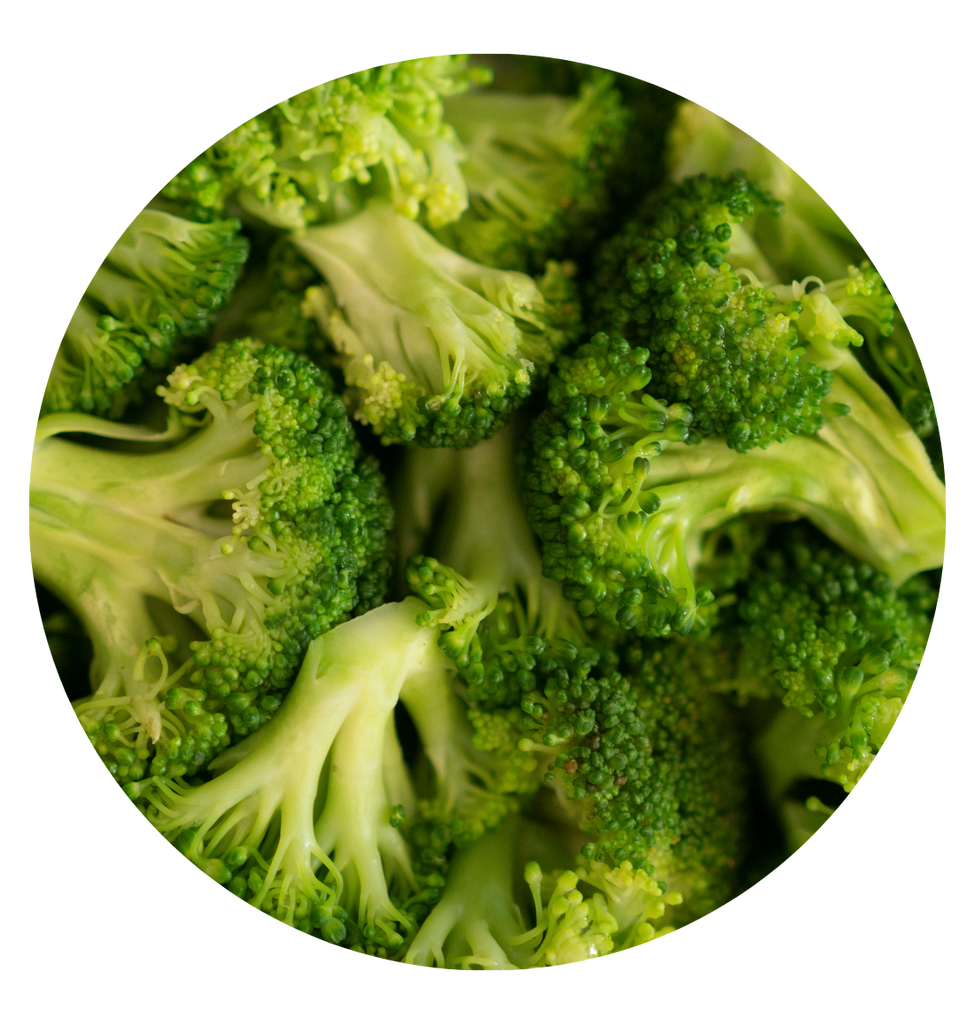
The most readily bioavailable form of active Coenzyme Q10. It is naturally found in every cell of the body, especially in the heart and muscles. CoQ10 levels may decline with age, intense exercise, or environmental factors.
Pterostilbene (50mg)
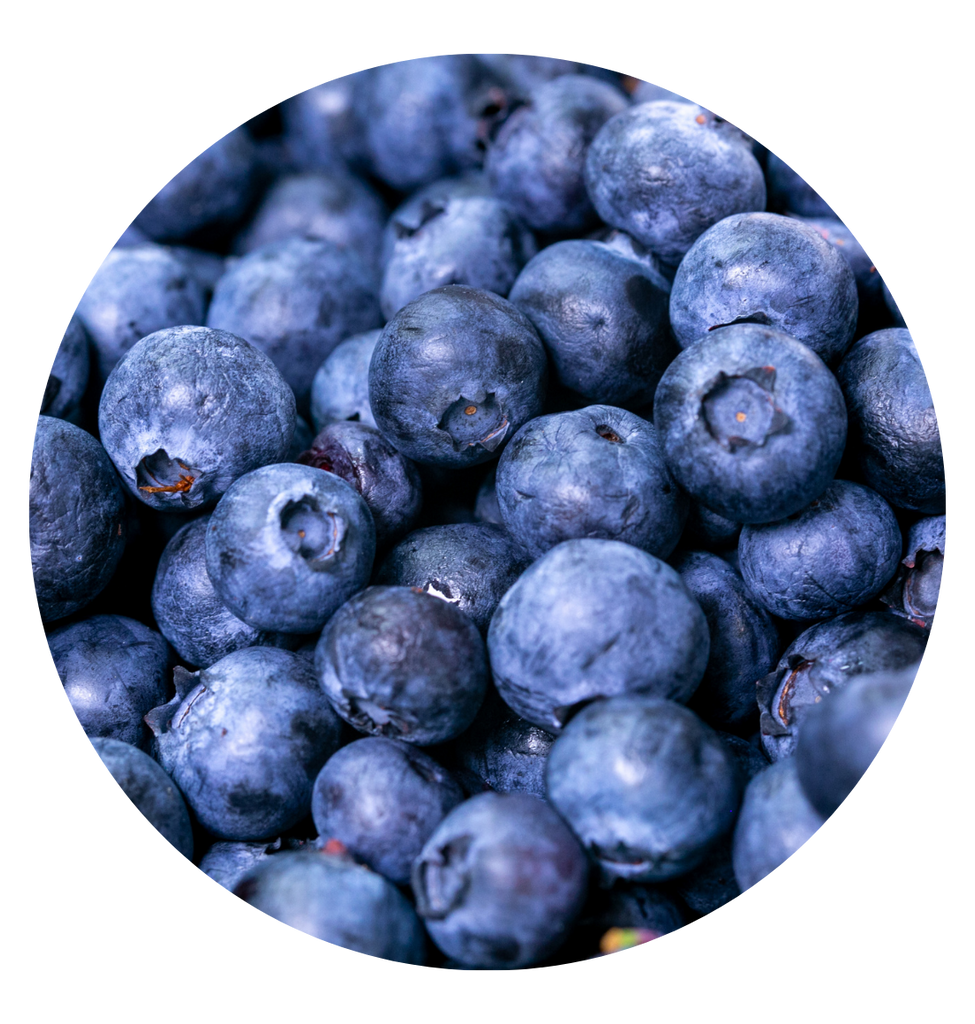
Primarily produced in plants as their defense mechanism against pathogens, such as fungi or bacteria. Pterostilbene is a potent antioxidant and is chemically related to Resveratrol, with even increased bioavailability (4x).
Apigenin (50mg)
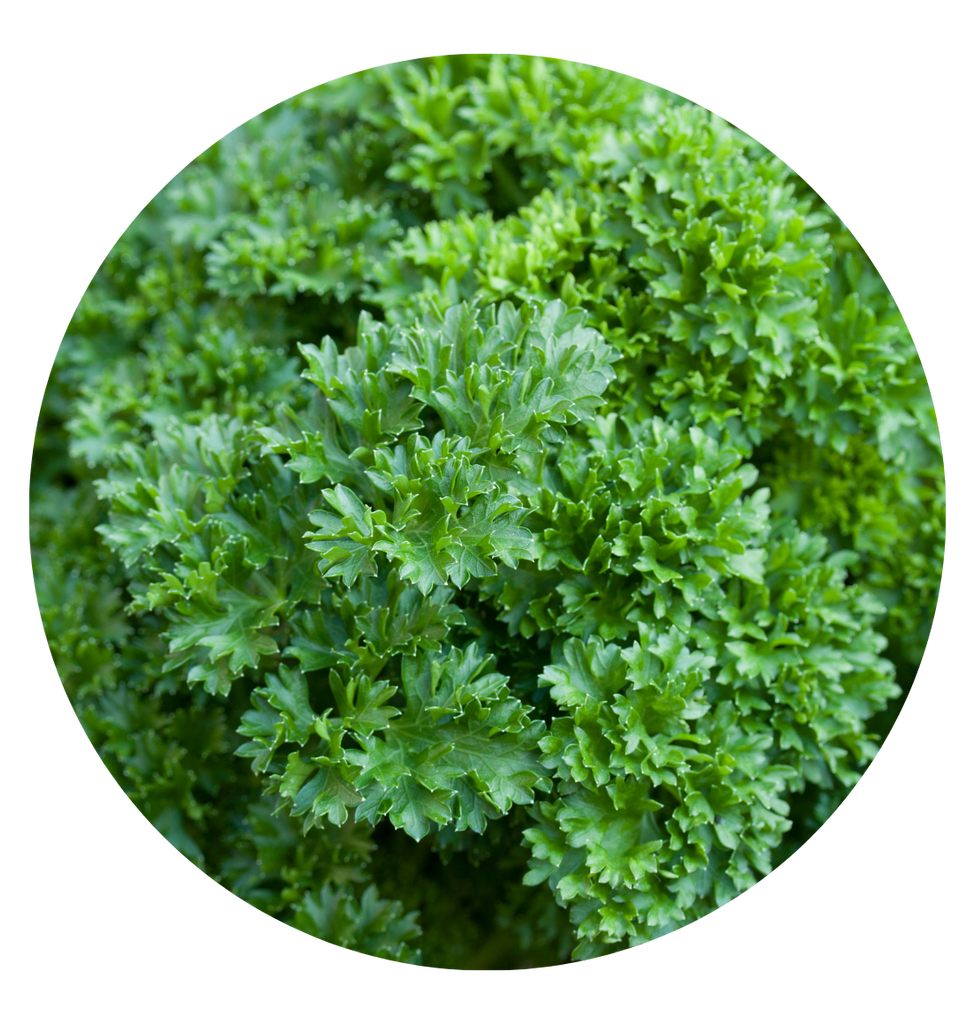
A flavonoid with potent antioxidant properties, found in plants like chamomile and parsley. Apigenin plays a key role in the modulation of CD38, an NAD+ consuming enzyme.
Betaine (50mg)
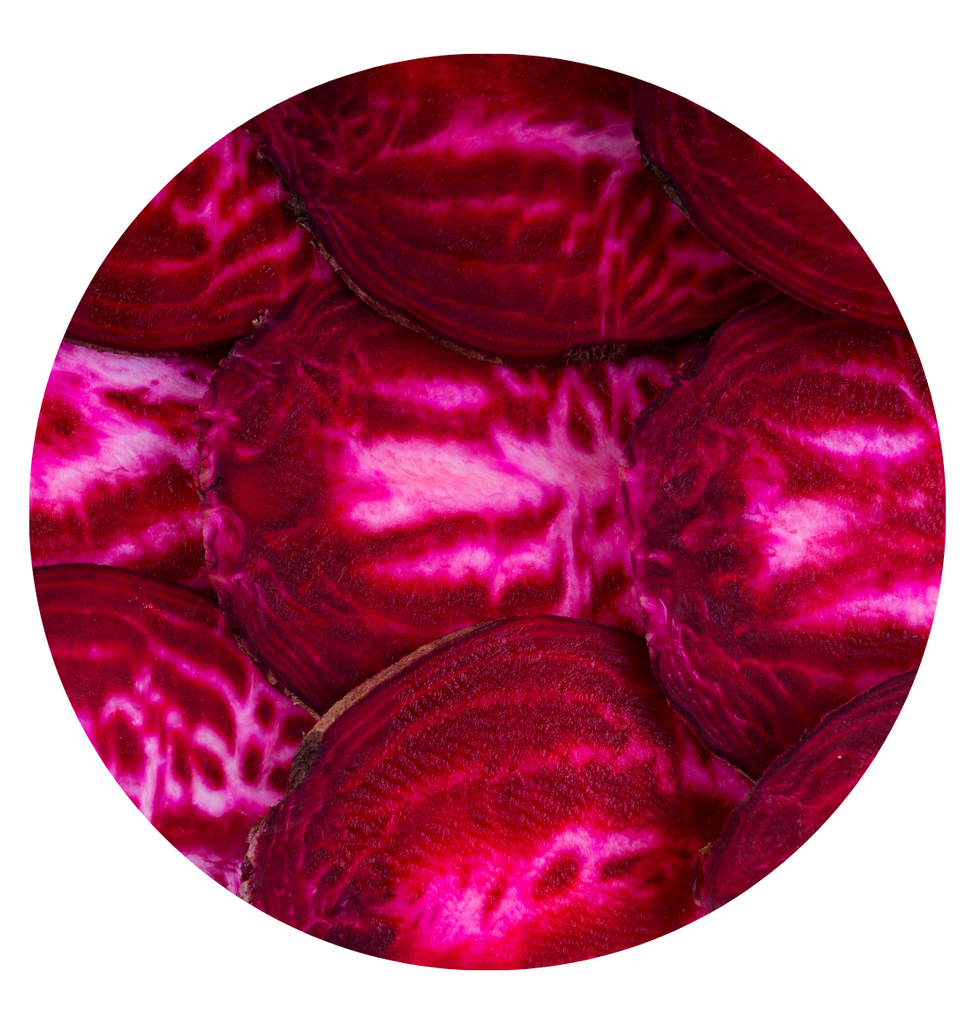
Betaine is a compound found in foods like beetroot. In its hydrochloride form, it’s often used to support digestion and nutrient absorption — processes essential for cellular energy and longevity.
Nicotinamide (Vitamin B3) (16mg)
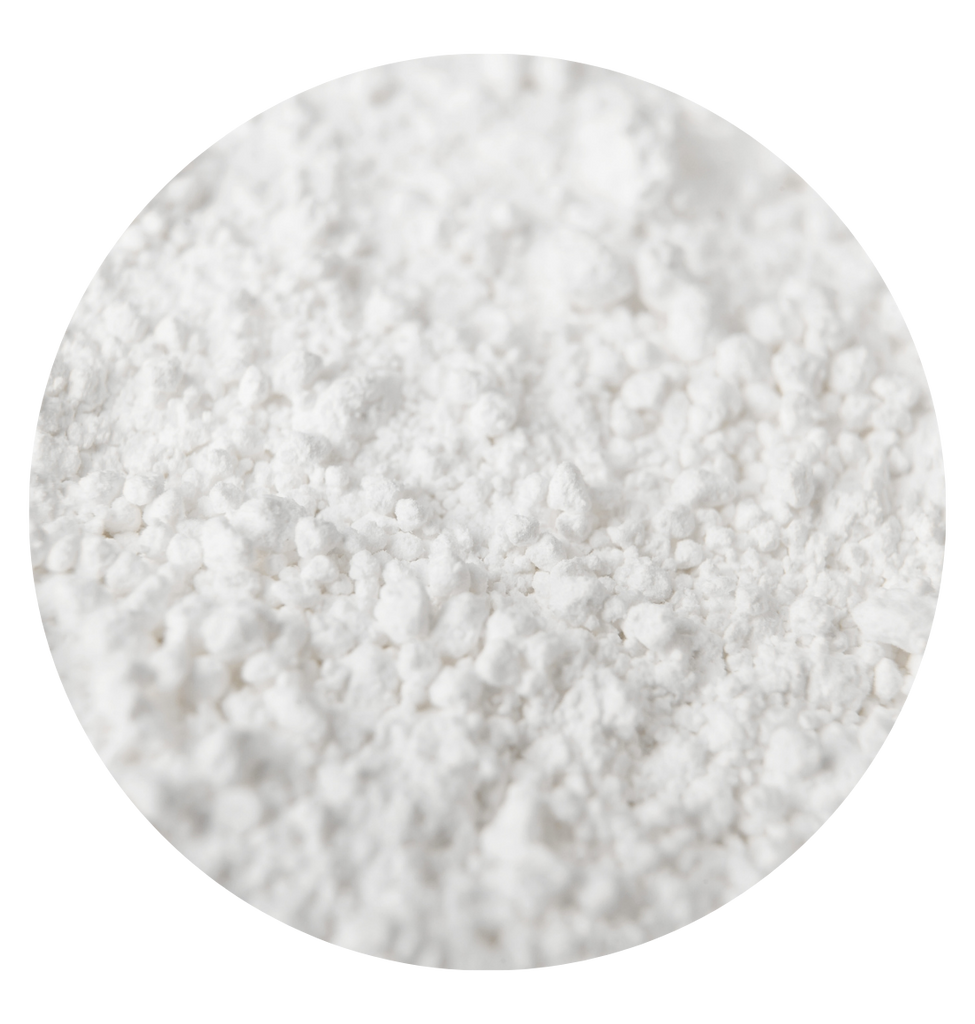
Contributes to normal energy-yielding metabolism, to the reduction of tiredness and fatigue, to the normal functioning of the nervous system, to normal psychological function, and to the maintenance of normal skin (EFSA health claim).
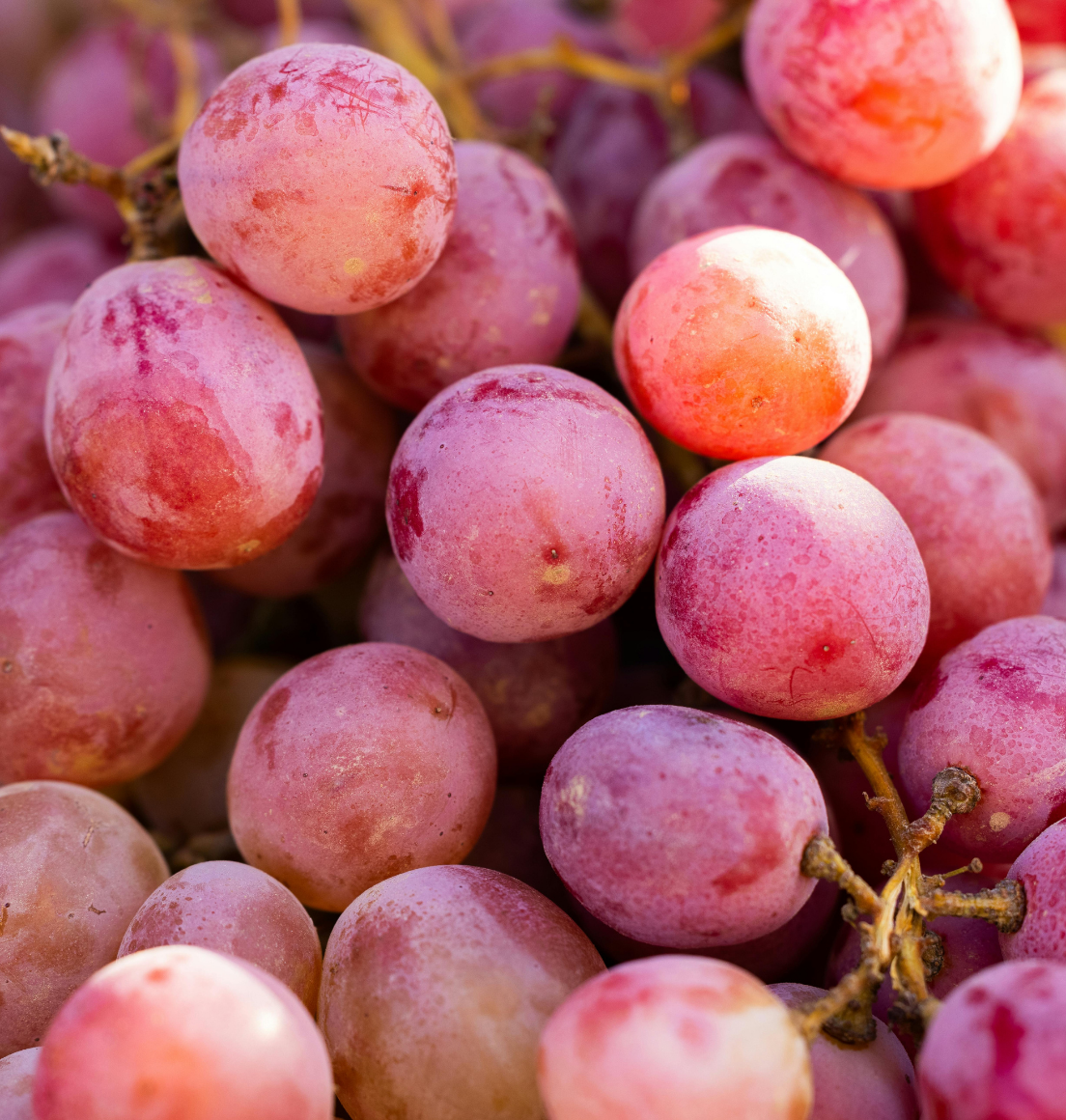
The importance of antioxidants for cellular defence.
Antioxidants are vital molecules that prevent oxidation, a process generating free radicals that can damage cells and accelerate ageing. Free radicals are often produced by environmental stressors like pollution, UV radiation, and smoking, as well as normal metabolic processes, or unhealthy lifestyles. An imbalance between antioxidants and free radicals, called oxidative stress, leads to cellular damage and ageing. Antioxidants neutralise free radicals, protecting cellular structures, DNA integrity, and supporting efficient mitochondrial function. Our Booster consists of 6 potent antioxidants, which have been well-studied for ensuring optimal cellular protection and metabolic efficiency.
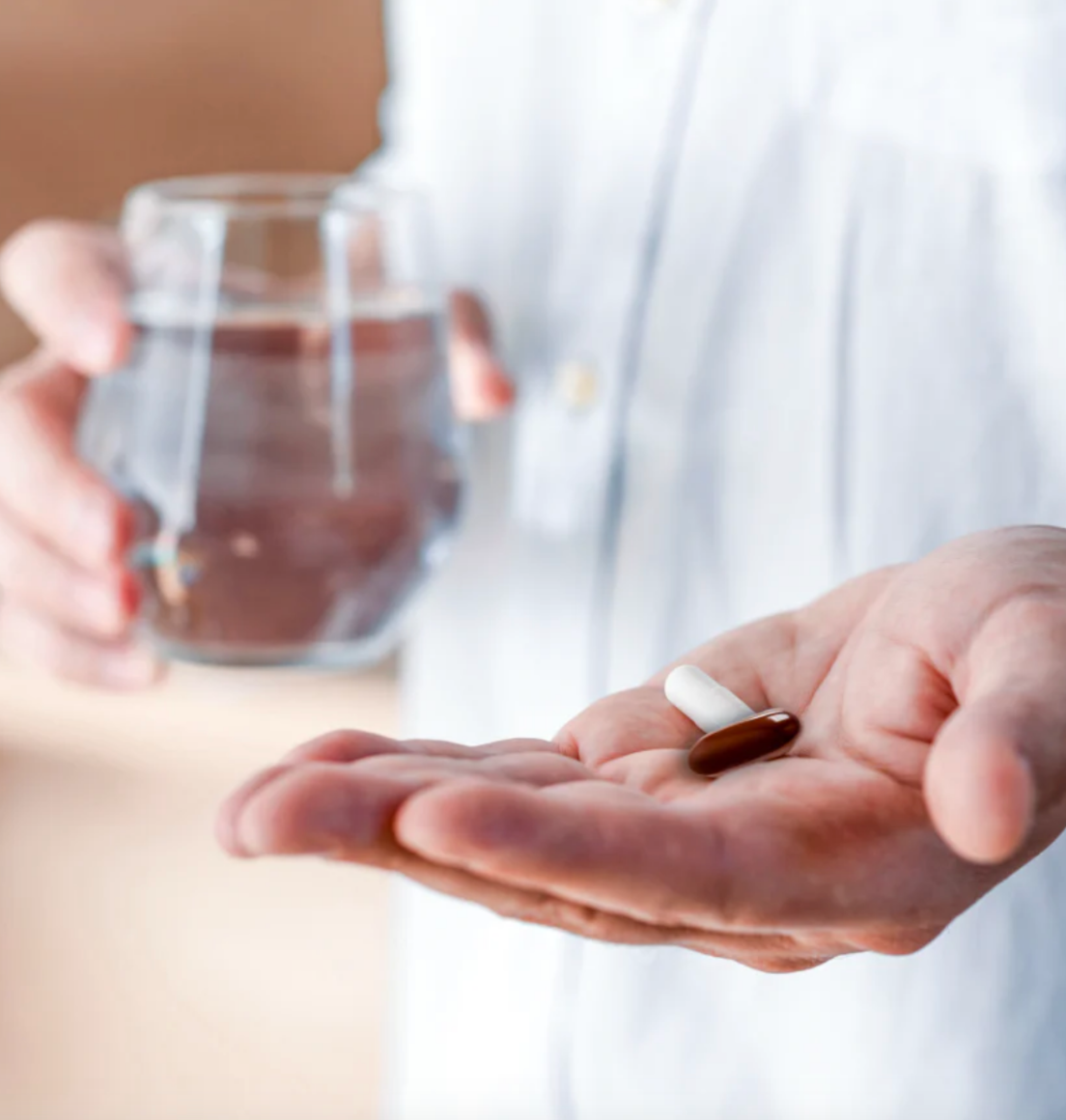
CoQ10 is vital for cell energy and longevity.
NAD+ and CoQ10 are vital coenzymes that play crucial roles in cellular energy production and mitochondrial health. NAD+ is essential for oxidative phosphorylation, whilst CoQ10 acts as an antioxidant and supports the electron transport chain. Combined, they enhance ATP production and protect against mitochondrial dysfunction, which is linked to conditions like chronic fatigue syndrome and neurodegenerative disorders. Studies suggest their synergistic effect can significantly improve energy levels, reduce fatigue, and support brain health, making supplements like our Vitality Bundle a must, for cognitive function and overall vitality.
Enhancing your cellular energy cycle with our Vitality Bundle tackles the root issue: decreased efficiency of energy production due to mitochondrial decline and reduced levels of essential molecules. Unlike the short-lived boost from coffee, this synergistic duo provides a steady, sustainable increase in energy by optimising your cellular function. By 90 days, you'll notice a continuous rise in vitality, feel more refreshed, and enjoy improved sleep quality. This holistic approach rejuvenates your body from within, ensuring you wake up energised, sustain peak performance throughout the day, and maintain clear cognitive function.
SCIENTIFIC EVIDENCE
Revolutionising cellular health
| Benefits | References |
|---|---|
| Increased NAD+ Levels |
Grant et al., 2022 Ogura et al., 2020 Escande et al., 2013 |
| Reduces oxidative stress |
Yu et al., 2018 Zhou et al., 2018 Xu et al., 2012 Zhang et al., 2009 |
| Improves cognitive function |
Zhu et al., 2022 Buglio et al., 2022 Evans et al., 2017 Wong et al., 2016 Joseph et al., 2008 |
| Enhances cellular rejuvenation |
Cholewa et al., 2022 Luo et al., 2018 Lee, 2015 |
| Supports cardiovascular health |
Banez et al., 2022 Ashtary-Larky et al., 2021 Yan et al., 2021 Raederstorff et al., 2013 |
| Ingredients | References |
|---|---|
| Veri-te™ Trans-Resveratrol | |
| Kaneka Ubiquinol® (Coenzyme Q10) | |
| Pterostilbene | |
| Apigenin | |
| Betaine | |
| Nicotinamide (Vitamin B3) |
